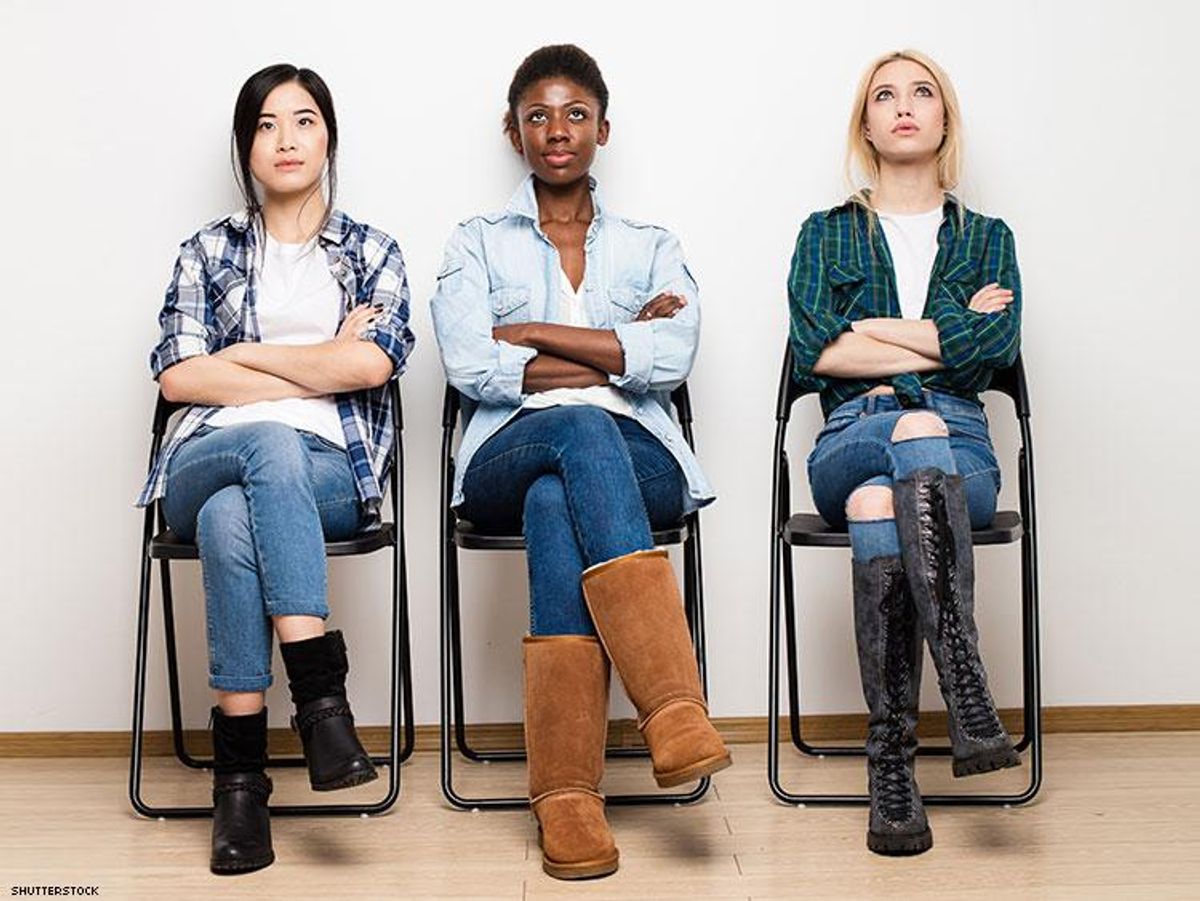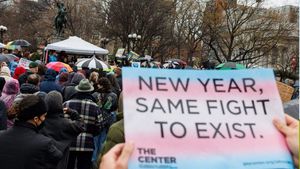The CDC released a report on National Women and Girls HIV/AIDS Awareness day which was celebrated March 10. The theme for the day, headed by the Department of Health and Human Services’ Office on Women’s Health was, The Best Defense is a Good Offense. The overall goal was to empower women to take effective steps and be proactive in their overall health and well being.
HIV diagnoses are highest among African American women compared to that of other races. Even though rates of diagnoses have dropped from 2010-2014, African American Women continue to be at a disadvantage.
The CDC gave insight on their plans to support initiatives to reduce HIV diagnoses among women—especially women belonging to vulnerable populations. They plan to award funding to health departments in greatest need as well as community based organizations that are committed to implementing prevention programs to at risk women including trans women. The CDC also plans to support research on microbicides. This comes on the heels of Medicaid defunding by the Trump administration.
As Shyronn Jones of the HIV, Positive Women’s Network – USA (PWN-USA), a national membership body of women living with HIV, said recently, "Protecting and investing in women’s health strengthens our society." Jones recently facilitated a community-based participatory research project led by women living with HIV. PWN-USA’s Report Securing the Future of Women-Centered Care, found that roughly 68 percent of women living with HIV rely on Medicaid for at least part of their care.
Despite Medicaid's shortcomings in terms of covered services, it does deliver essential supportive services. Kaiser Family Foundation published Health Law Coverage Has Helped Many Chronically Ill — But Has Still Left Gaps, “Medicaid expansion is one of the tools you would think of to help people with chronic conditions – and we are seeing more evidence this is the case,” said Benjamin Sommers, an associate professor of health policy and economics at Harvard’s public health school, who was not involved with this study. “The question of whether this informs [the policy] debate — it clearly should. It clearly should be relevant.”
Outreach and raising awareness is the most powerful tool when addressing women who are at risk. Ensuring that women have the resources they need and feel empowered every day to live healthy lives is something that should always be at the forefront of any healthcare initiatives. Jones adds, "We can show that we value the humanity and well being of women living with HIV, by showing that it’s an ethical and compassionate country by continuing to provide Medicaid to low-income women living with HIV and strengthening the Medicaid delivery system rather than cutting it."








































































